Do you have a business or a job?
“Many businesses are ultimately shuttered rather than sold, often at the expense of the business owner and their family. This is largely because most businesses are not initially structured for sale; rather, they are crafted to sustain a particular lifestyle.” – Pavlo Phitidis
“Many businesses are ultimately shuttered rather than sold, often at the expense of the business owner and their family. This is largely because most businesses are not initially structured for sale; rather, they are crafted to sustain a particular lifestyle.” – Pavlo Phitidis
Dan embarked on the journey of crafting boerewors after hours, intending to vend it at the local market. His recipe, a cherished family heirloom, set his product apart from the ordinary fare. Only upon resigning from his daytime job did he transition to full-time boerewors production, eventually joined by his wife. Both threw themselves into the operation, toiling tirelessly to the point of exhaustion and typical lifestyle-related ailments. Over time, their team expanded to approximately ten individuals. Their diverse boerewors offerings gained recognition and were retailed across various platforms.
Like countless other entrepreneurs, their aspiration was financial independence, enabling them to sustain their lifestyle without traditional employment or external income sources. Additionally, they harboured dreams of eventually selling the business and retiring in Greece, a destination that had captured their hearts during a holiday.
One late summer day, an unexpected knock heralded the prospect of realizing their Greek dream. A prominent investor stood at their doorstep, inquiring about a potential acquisition. Instantly, visions of beachside leisure and Mediterranean delicacies danced in their minds.
However, before any offer was made, the investor insisted on due diligence, a process aimed at uncovering any underlying issues within the business that could pose future liabilities.
During this period, Dan and his wife deliberated over what would constitute an acceptable offer, factoring in elements such as their prized recipe, the established brand, their comfortable livelihood, and the business’s multi-platform presence. After careful consideration, they settled on a selling price, leaving room for negotiation.
When the awaited offer finally arrived, it exceeded their expectations. Yet, their elation was short-lived as the terms were revealed: a mere 10% upfront cash payment, with Dan obligated to remain with the company for three years, and the remainder of the payment contingent upon achieving specific profit targets, split between cash and shares, the latter of which could not be liquidated for six months.
This proposition left Dan and his wife crestfallen. They had heard tales of business owners losing control over their enterprises post-acquisition, with new owners manipulating profits to diminish the final sale price.
Faced with this reality, Dan delved into the due diligence report, uncovering the stark truth: the business was heavily reliant on his presence, rendering it unattractive to potential buyers seeking sustainable ventures rather than mere jobs.
This realization prompted Dan to take action. He understood that to secure a future sale on favourable terms, he needed to transform his enterprise into a self-sustaining entity, independent of his direct involvement.
To be continued…
